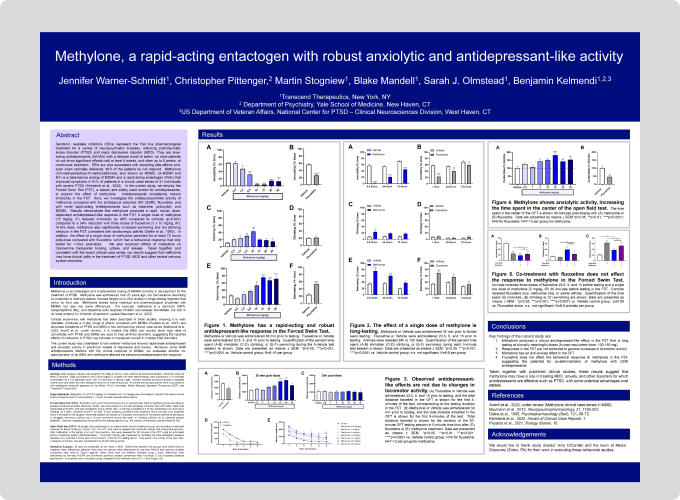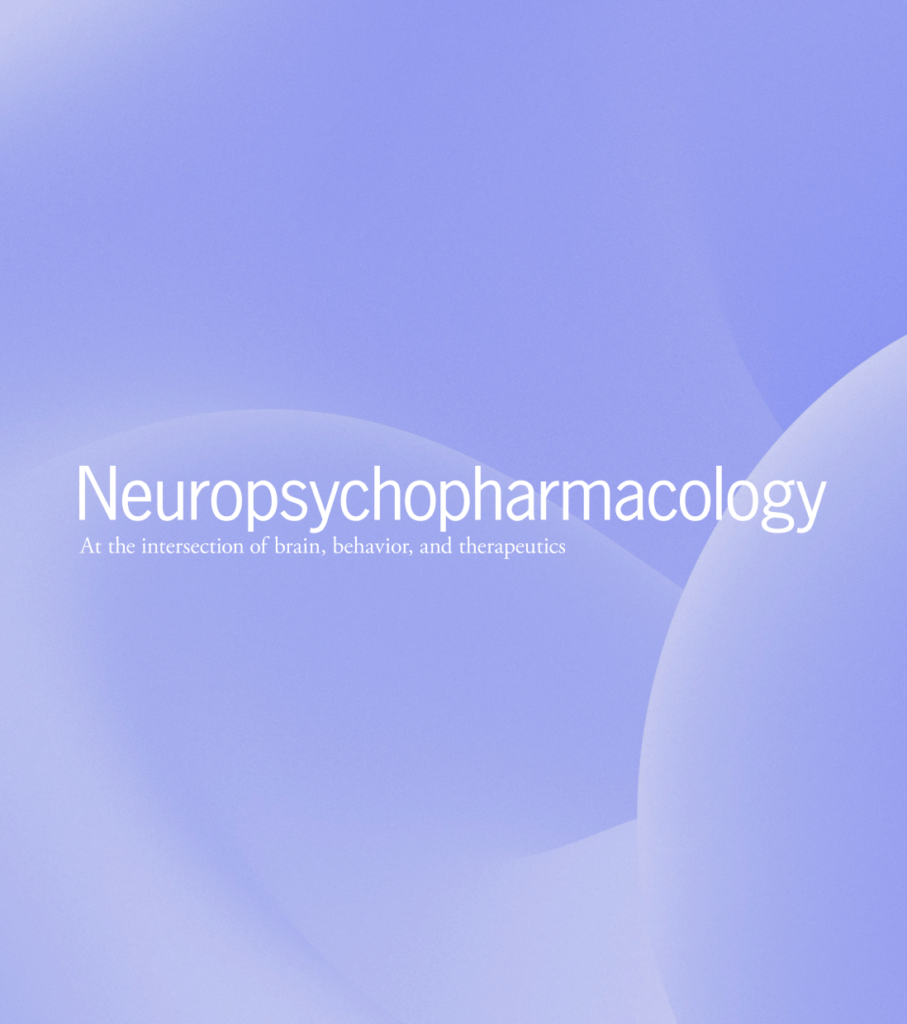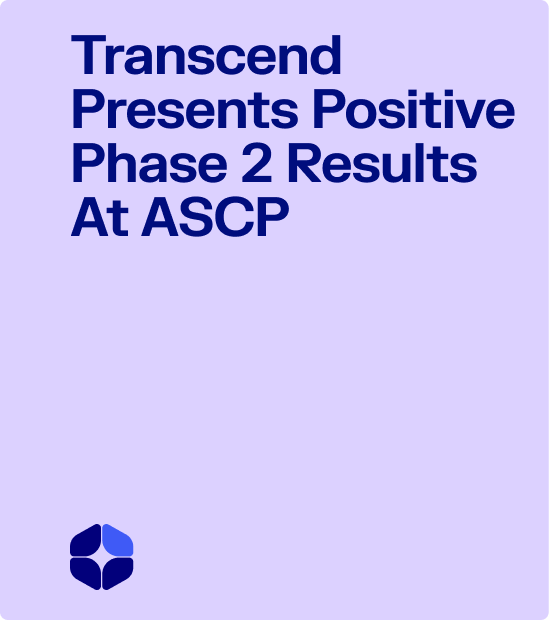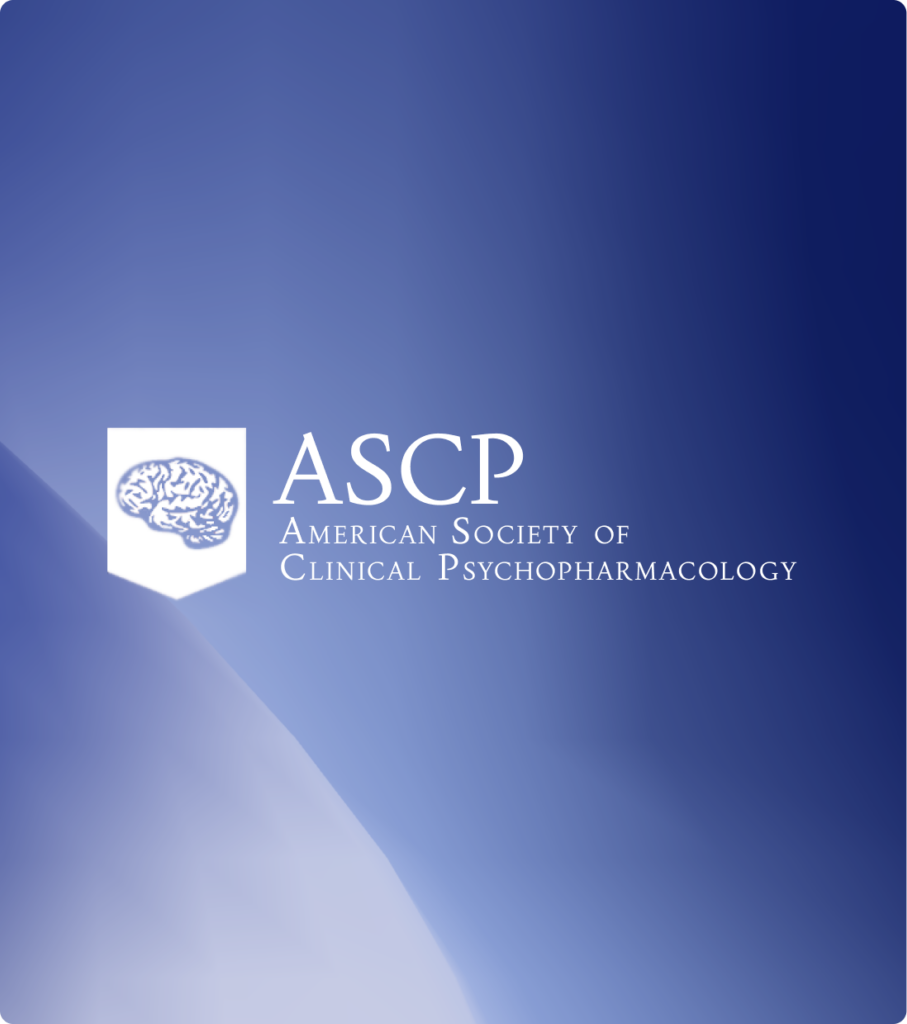Conclusions:
1. Methylone produces a robust antidepressant-like effect in the FST that is long
lasting at clinically meaningful doses (human equivalent dose: 100-150 mg).
2. Responses in the FST are not attributed to general increases in locomotor activity.
3. Methylone has an anti-anxiety effect in the OFT.
4. Fluoxetine does not affect the behavioral response to methylone in the FST,
suggesting the potential for co-administration of methylone with SSRI
antidepressants.
Taken together with published clinical studies, these results suggest that
methylone may have a role in treating MDD and other disorders for which
antidepressants are effective such as PTSD, with some potential advantages over
MDMA.

)



